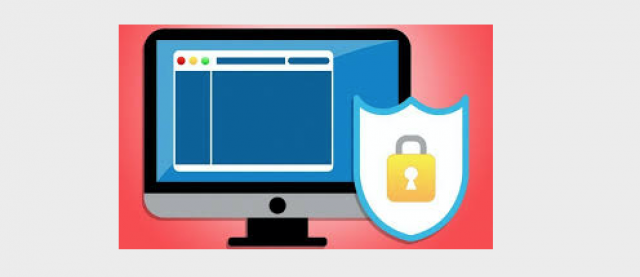Minted website owners are most often concerned about the speed and security of their projects. If you feel like searching for best web hosting for students is not a necessity, then this is not true. Of course, a bank’s payment service requires a lot of security work. If at least one transaction is lost or customer data is disclosed, the bank will be financially and legally liable.
But if we are dealing with intellectual property and innovative developments, a student website no longer seems such a trifle. If you are in doubt about the results of your resource, use the website safety checker. This way you can identify the weaknesses in the protection of your project. Preventing a problem is always cheaper than solving it.
A little theoretical knowledge
What is web security? Web security basics is risk and cost assessment and basic approaches.
- Information security – ensuring the confidentiality, integrity, and availability of information.
- Confidentiality – providing only authorized access to information.
The information and must not be disclosed to unauthorized individuals, organizations or processes. Integrity is about maintaining and ensuring the accuracy and completeness of data. The data should not be changed in an unauthorized or invisible way. Accessibility is about providing unhindered access to information for authorized users. Information storage and processing systems are important. The interfaces for working with information should be simple. The systems for providing authorized access and communication channels must function well.
Terminology
The security of web services means ensuring the safety of data. We should mention their inaccessibility to unauthorized persons. They talk about the ability of the application. It is good to remain operational during cyberattacks and not be infected by viruses.
The security of web applications depends on the quality of their code. The qualifications of the system administrator play an important role. Much depends on the competencies of all users. Because they have access to sensitive information.
The reasons for security threats – hacks and data leaks – can be different
Vulnerabilities of a website or application before a cyberattack:
- Lack of protection against brute-force passwords,
- the ability to inject third-party code (XSS, SQL injection, no protection from CSRF).
Insufficient system performance or increased resource intensity of request processing leads to vulnerability to a denial of service attacks. System administrators refer to these events as DDoS attacks.
Errors made by the webserver administrator lead to software updates. Insecure service configuration is also encountered.
Ignorance or non-compliance by employees with banal safety rules leads to leaks. Common causes include simple passwords, entering data on phishing sites, and PC virus infection.
Recommendations
Trust the development of demanding security services to experienced professionals. Newbies can usually get the application up and running, but fail to account for the risks of hacking and denial of service attacks.
The server should be administered on a regular basis by a competent specialist. The majority of site infections with viruses occur due to no-one updates the server software. And a lot of data leaks are associated with incorrect configuration of server.
Educate users on the basics of information security. Reduce rights to the smallest necessary for operation. Check access to sensitive information. A huge number of problems are connected with the incompetence of non-technical personnel. They arise from trivial incompetence and malicious intent. Among them are theft of the customer base, the loss of orders to competitors, and so on.
If you are tormented by doubts about the security of your site. Then order a security audit from an independent company. In our practice, we were on both sides of this process. We checked third-party developments for vulnerabilities. We checked the systems especially a lot and in the banking / financial sector.
Table of Contents





![[Jan 2024] EZTV Proxy | Unblock EZTV | EZTV Alternatives eztv](https://www.techiemag.net/wp-content/uploads/2020/05/eztv-300x194.png)


